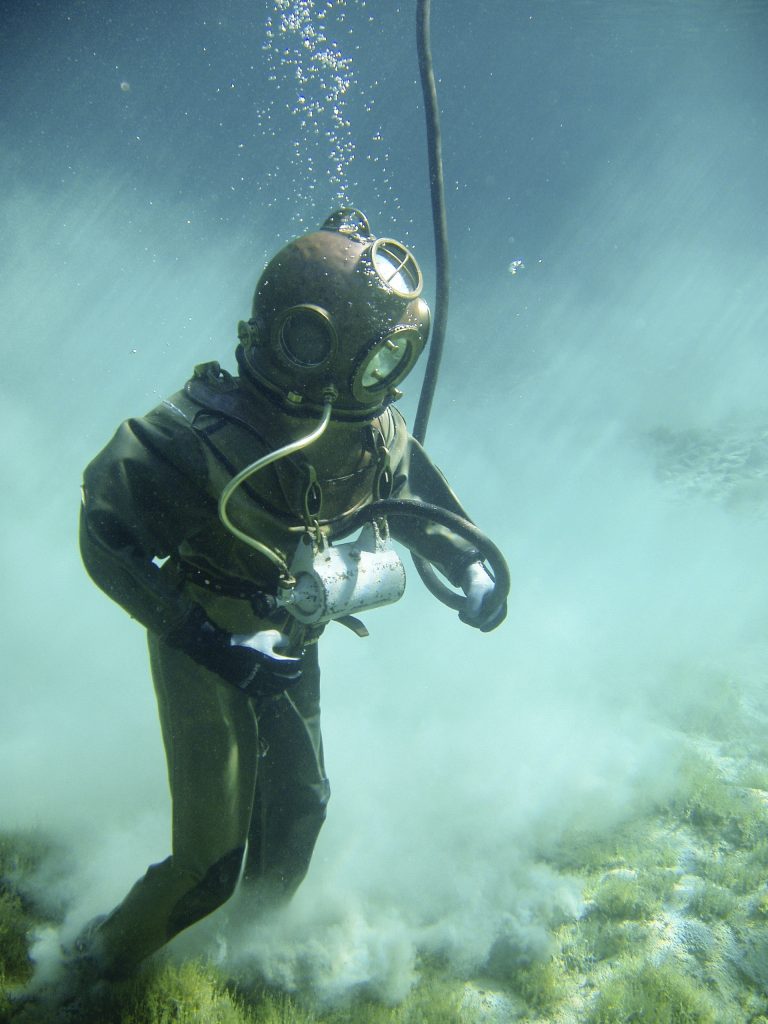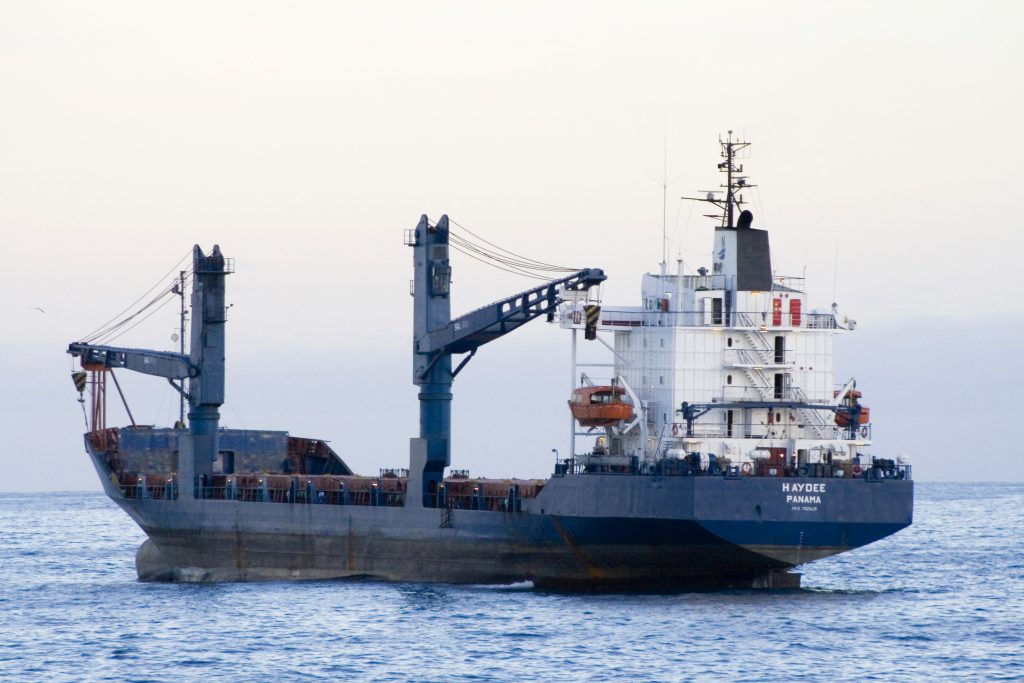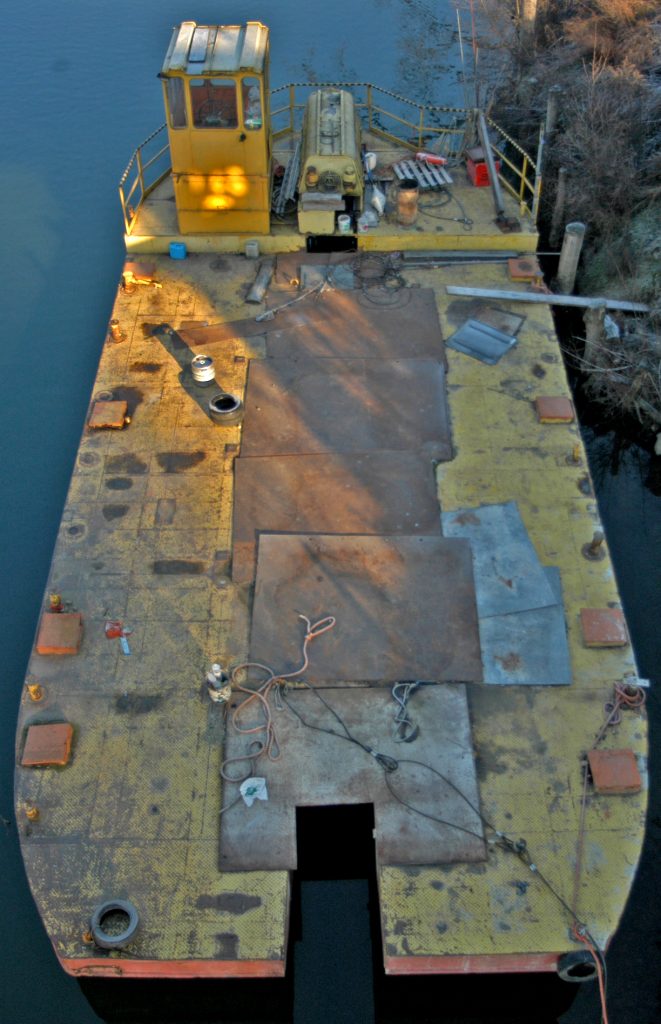 Worker’s compensation (WC) is a system designed to compensate workers for injuries that occur on the job. The system also helps to spread the risk of loss among numerous employers, similar to an insurance arrangement that employers pay into. Still, employers have an interest in ensuring that WC claims are valid in order to keep overall costs down. As a result, WC cases can lead to bitter disputes between workers and their employers.
Worker’s compensation (WC) is a system designed to compensate workers for injuries that occur on the job. The system also helps to spread the risk of loss among numerous employers, similar to an insurance arrangement that employers pay into. Still, employers have an interest in ensuring that WC claims are valid in order to keep overall costs down. As a result, WC cases can lead to bitter disputes between workers and their employers.
Andrew Schmidt was a diver for the Cal-Dive company in Lafayette, Louisiana in 2010 when he suffered a brain injury due to decompression sickness that occurred during a work-related dive. Two years later, Schmidt filed a lawsuit against Cal-Dive alleging that the injury left him permanently disabled. He claimed that the brain injury resulted in a condition that required him to remain in a supine position nearly all the time. Cal-Dive didn’t believe Schmidt’s claim and Cal-Dive hired private investigators to surveil Schmidt for evidence that his claim was fraudulent. The observation turned up nothing favorable for challenging Schmidt’s claim. Schmidt was examined by multiple medical professionals who offered conflicting expert opinions about whether Schmidt was permanently disabled. Shortly before trial, Schmidt and Cal-Dive settled and the trial court dismissed the case.
Even though the matter was settled, Cal-Dive continued to have Schmidt followed by private investigators. The PIs discovered that Schmidt purchased a new car and was observed cutting grass, shopping, driving, and jogging. As a result, Cal-Dive filed for relief from the trial court’s order to dismiss the case under Fed. R. Civ. P. 60(d)(1) so it could amend its original complaint against Schmidt and set aside the settlement. Schmidt filed a motion to dismiss the case for failure to state a claim. See Fed. R. Civ. P. 12(b)(6). The district court denied Cal-Dive’s request to set aside the settlement and refused to permit Cal-Dive to amend the complaint, finding that it would be futile. Cal-Dive appealed.
 Louisiana Personal Injury Lawyer Blog
Louisiana Personal Injury Lawyer Blog


 Long considered “wards of admiralty,” courts carefully scrutinize the treatment of seamen, particularly in cases where substantial legal rights are involved. One such case involves the execution of a release with a seaman, particularly when the seaman is unrepresented and in claims of personal injury. Generally, in a personal injury case, a release is a legal agreement that serves to settle the claims between the parties and terminates the injured party’s right to seek damages in court.
Long considered “wards of admiralty,” courts carefully scrutinize the treatment of seamen, particularly in cases where substantial legal rights are involved. One such case involves the execution of a release with a seaman, particularly when the seaman is unrepresented and in claims of personal injury. Generally, in a personal injury case, a release is a legal agreement that serves to settle the claims between the parties and terminates the injured party’s right to seek damages in court.  For a negligence lawsuit to have any chance of survival, an essential element is to show the plaintiff had damages. Often these damages are obvious physical injuries. Sometimes however, damages claimed are for emotional distress. Due to its intangible nature, emotional distress can be extremely difficult to prove and a lawsuit for such damages can be equally difficult to maintain. In a recent case out of the Parish of Lafayette, a Louisiana man failed to prove all the necessary elements to sustain his emotional distress lawsuit despite the lawsuit centering on a helicopter crash.
For a negligence lawsuit to have any chance of survival, an essential element is to show the plaintiff had damages. Often these damages are obvious physical injuries. Sometimes however, damages claimed are for emotional distress. Due to its intangible nature, emotional distress can be extremely difficult to prove and a lawsuit for such damages can be equally difficult to maintain. In a recent case out of the Parish of Lafayette, a Louisiana man failed to prove all the necessary elements to sustain his emotional distress lawsuit despite the lawsuit centering on a helicopter crash.  Waiting until the last minute to do almost anything is not recommended but it is especially true if you are seeking to bring a claim for damages. That is what some fishermen found out when they sought to bring claims under the Oil Pollution Act of 1990 (OPA) for damages that resulted from an oil spill. The oil spill came from a barge owned by American Commercial Airlines, LLC (ACL) that had been involved in a collision on the Mississippi River in the Port of New Orleans on July 23, 2008.
Waiting until the last minute to do almost anything is not recommended but it is especially true if you are seeking to bring a claim for damages. That is what some fishermen found out when they sought to bring claims under the Oil Pollution Act of 1990 (OPA) for damages that resulted from an oil spill. The oil spill came from a barge owned by American Commercial Airlines, LLC (ACL) that had been involved in a collision on the Mississippi River in the Port of New Orleans on July 23, 2008.  The fate of a claim brought under the Longshore and Harbor Workers’ Compensation Act (“LHWCA”) is often determined based upon the weight the Administrative Law Judge (“ALJ”) gives certain evidence. But how should the ALJ weigh conflicting evidence from different sources? This question was recently addressed by the United States Fifth Circuit Court of Appeals in Petron Industries Inc. v. Courville.
The fate of a claim brought under the Longshore and Harbor Workers’ Compensation Act (“LHWCA”) is often determined based upon the weight the Administrative Law Judge (“ALJ”) gives certain evidence. But how should the ALJ weigh conflicting evidence from different sources? This question was recently addressed by the United States Fifth Circuit Court of Appeals in Petron Industries Inc. v. Courville. In the insurance industry, one of the most important issues to consider when determining whether a claim is covered under a policy is the wording of the contract. Whether it is home, auto, life, or, as in this case a marine insurance policy, the exact words of the contract will control whether or not a specific claim will be paid out. Equally important are the laws which will control how those words are interpreted. And in a recent case out of Louisiana, one insured was out of luck over the interpretation of one small word.
In the insurance industry, one of the most important issues to consider when determining whether a claim is covered under a policy is the wording of the contract. Whether it is home, auto, life, or, as in this case a marine insurance policy, the exact words of the contract will control whether or not a specific claim will be paid out. Equally important are the laws which will control how those words are interpreted. And in a recent case out of Louisiana, one insured was out of luck over the interpretation of one small word.  Decisiveness can be an excellent quality, especially in a judge. Court dockets are usually quite full and it can take a very long time for cases to be resolved. Whenever there is a confusion over which law to apply, however, patience is the greater virtue. In a lawsuit, lawyers will often request relief under various laws in hopes that one will bring success. In a recent case out of Venice, Louisiana, the Louisiana Fourth Circuit Court of Appeal reminded an Office of Workers’ Compensation Judge (“WCJ”) just how important patience is when issuing an order in a case with competing theories of recovery.
Decisiveness can be an excellent quality, especially in a judge. Court dockets are usually quite full and it can take a very long time for cases to be resolved. Whenever there is a confusion over which law to apply, however, patience is the greater virtue. In a lawsuit, lawyers will often request relief under various laws in hopes that one will bring success. In a recent case out of Venice, Louisiana, the Louisiana Fourth Circuit Court of Appeal reminded an Office of Workers’ Compensation Judge (“WCJ”) just how important patience is when issuing an order in a case with competing theories of recovery.  Sometimes we are asked to do a task at work that we do not feel qualified to perform. We think things like, “Hey, that wasn’t in my job description.” Well, that’s essentially what happened to Mark Barto but, unfortunately, attempting to perform his assigned task resulted in a back injury that led Mr. Barto to file a lawsuit.
Sometimes we are asked to do a task at work that we do not feel qualified to perform. We think things like, “Hey, that wasn’t in my job description.” Well, that’s essentially what happened to Mark Barto but, unfortunately, attempting to perform his assigned task resulted in a back injury that led Mr. Barto to file a lawsuit. On the sea, a life jacket can save your life. In the courtroom, the life jacket that can save your case is provable and relevant facts. Seaman, Frank Glaze, recently found this to be true when a Louisiana Court dismissed his Jones Act personal injury case due to a lack of evidence.
On the sea, a life jacket can save your life. In the courtroom, the life jacket that can save your case is provable and relevant facts. Seaman, Frank Glaze, recently found this to be true when a Louisiana Court dismissed his Jones Act personal injury case due to a lack of evidence. Evidence in a trial can take almost any shape or form. For murder trials, people think of weapons. For fraud cases, perhaps incriminating documents comes to mind. For a personal injury case, the options are almost limitless yet likely “flip flop” is not the first image that pops up; especially in a maritime case. Yet in this case, Garrard Myers makes quite the fuss over the state of his sandals.
Evidence in a trial can take almost any shape or form. For murder trials, people think of weapons. For fraud cases, perhaps incriminating documents comes to mind. For a personal injury case, the options are almost limitless yet likely “flip flop” is not the first image that pops up; especially in a maritime case. Yet in this case, Garrard Myers makes quite the fuss over the state of his sandals.